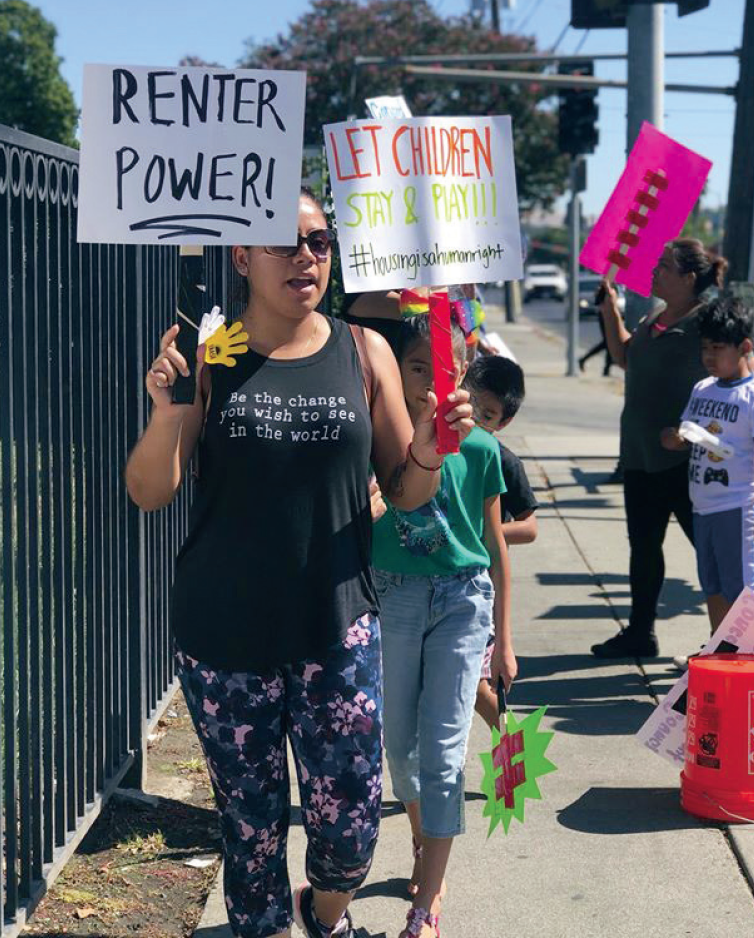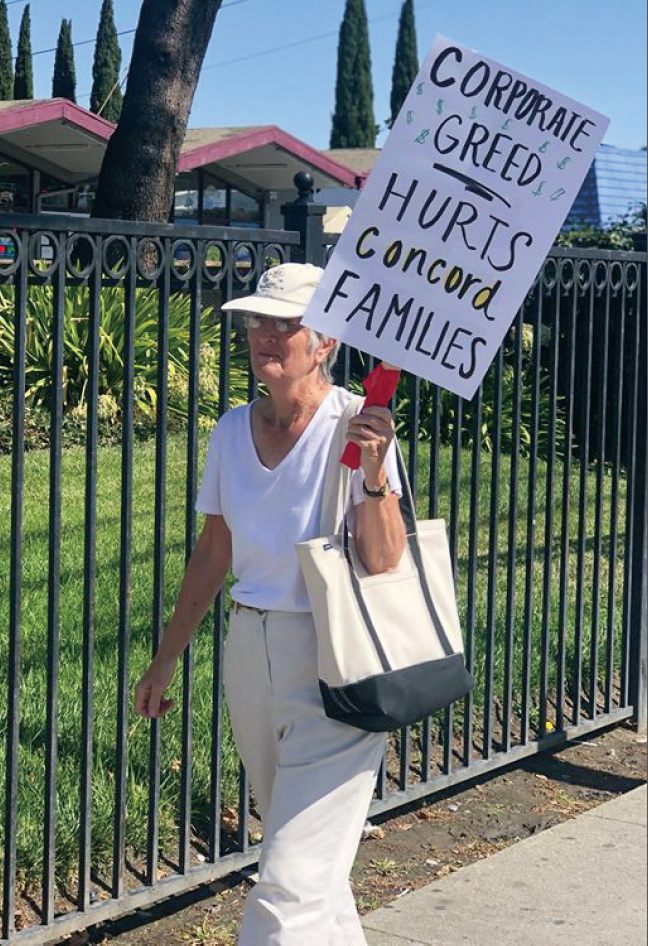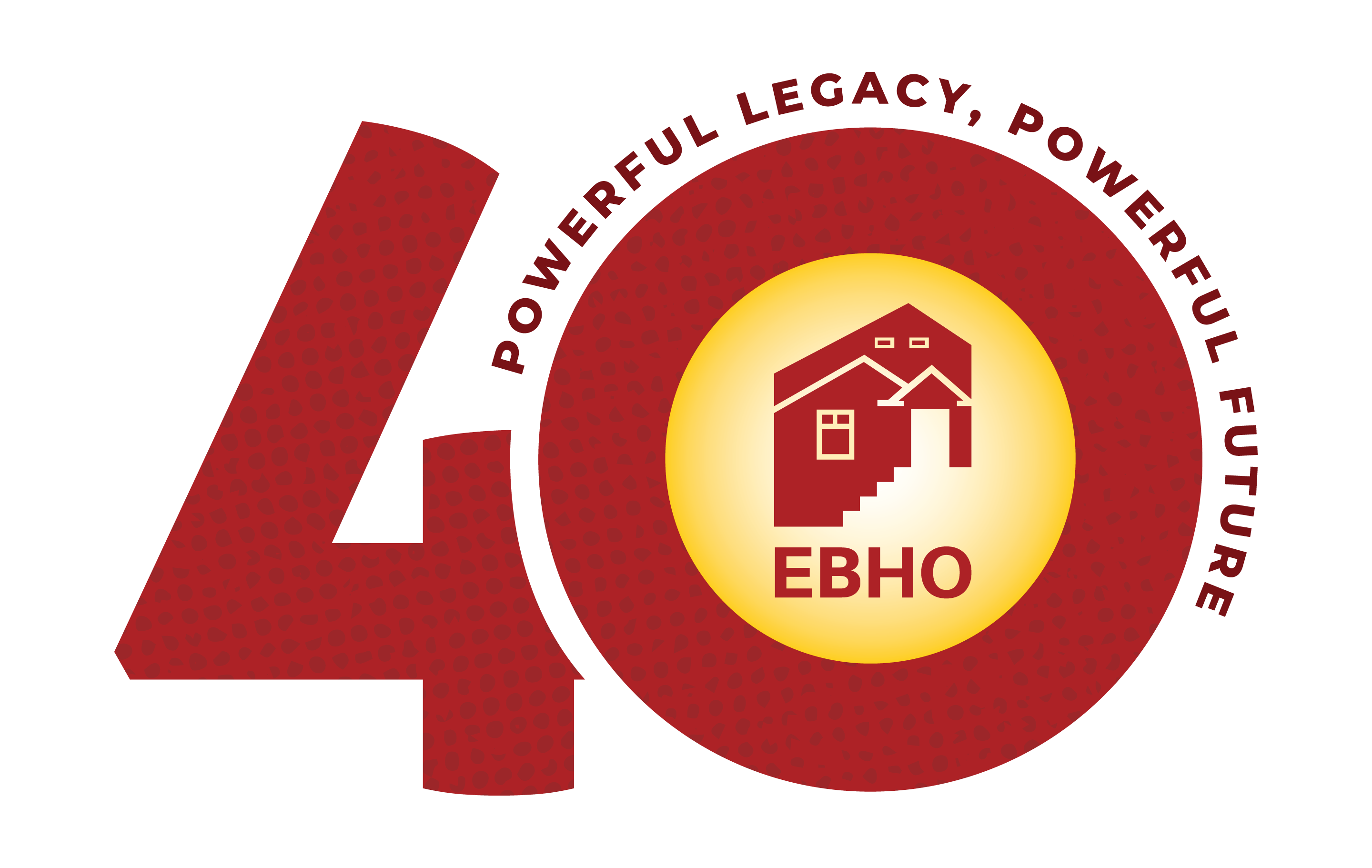What we win when we organize the suburbs
By Ronny Flannery, Former Campaign Organizer at EBHO. This article first appeared in EBHO’s 2020 Affordable Housing Guidebook.
Over the last twenty years, poverty in the suburbs has increased faster than in urban centers. Wages have stagnated while housing costs have grown, leaving lower-income people priced out of cities or evicted without cause. In Concord, tenants pay more rent than they can afford for substandard housing, while the number of people living outside or in their vehicles has increased dramatically. Meanwhile, the city offers up publicly-owned land – land that could house hundreds of low-income and currently unhoused residents – to the highest bidder. Each time, a coalition of community groups committed to social, racial and economic equity stands up to resist this, thanks to our organizing efforts.


What do we win when we organize the suburbs?
More places and people committed to racial, economic and housing justice
No person, no matter where they live, deserves to suffer from racial or economic segregation and exploitation. Organizing the suburbs means that we call out and stop greed when we see it. We seize opportunities to forge connections, building deeper relationships with transportation justice, environmental justice, labor and faith groups.
Disrupt racist and exclusionary development
Housing and infrastructure development in the U.S. has been shaped by decades of racial segregation and economic exclusion. Suburban housing justice is about creating new development norms before those areas reach their dystopian breaking points, as they have in Oakland and San Francisco. Those most impacted by the housing crisis must assume leadership, so we can stop involuntary displacement in the Bay Area.
Opportunities for bigger, broader wins
Empowered residents, housed in stable affordable homes, can increase their political representation and their communities’ collective power. The more people’s needs are met, the more organized they become – and we win at bigger scale.
The best a community has to offer will be shared by all
When we create quality affordable housing in neighborhoods where there was none, we introduce suburban communities to its benefits, including its diverse, resilient residents. We create a place to land for currently high-income people who may need help when they age or can’t work because of a disability. And we share the literal wealth held in the suburbs; if we win, no place will be undesirable.
Affordable housing is a transformative social good. We can dispel scarcity mindsets with common sense ideas that serve everyone. Building tenant power and expanding affordable housing in the suburbs is an important part of winning housing justice for all low-income people in the East Bay.
